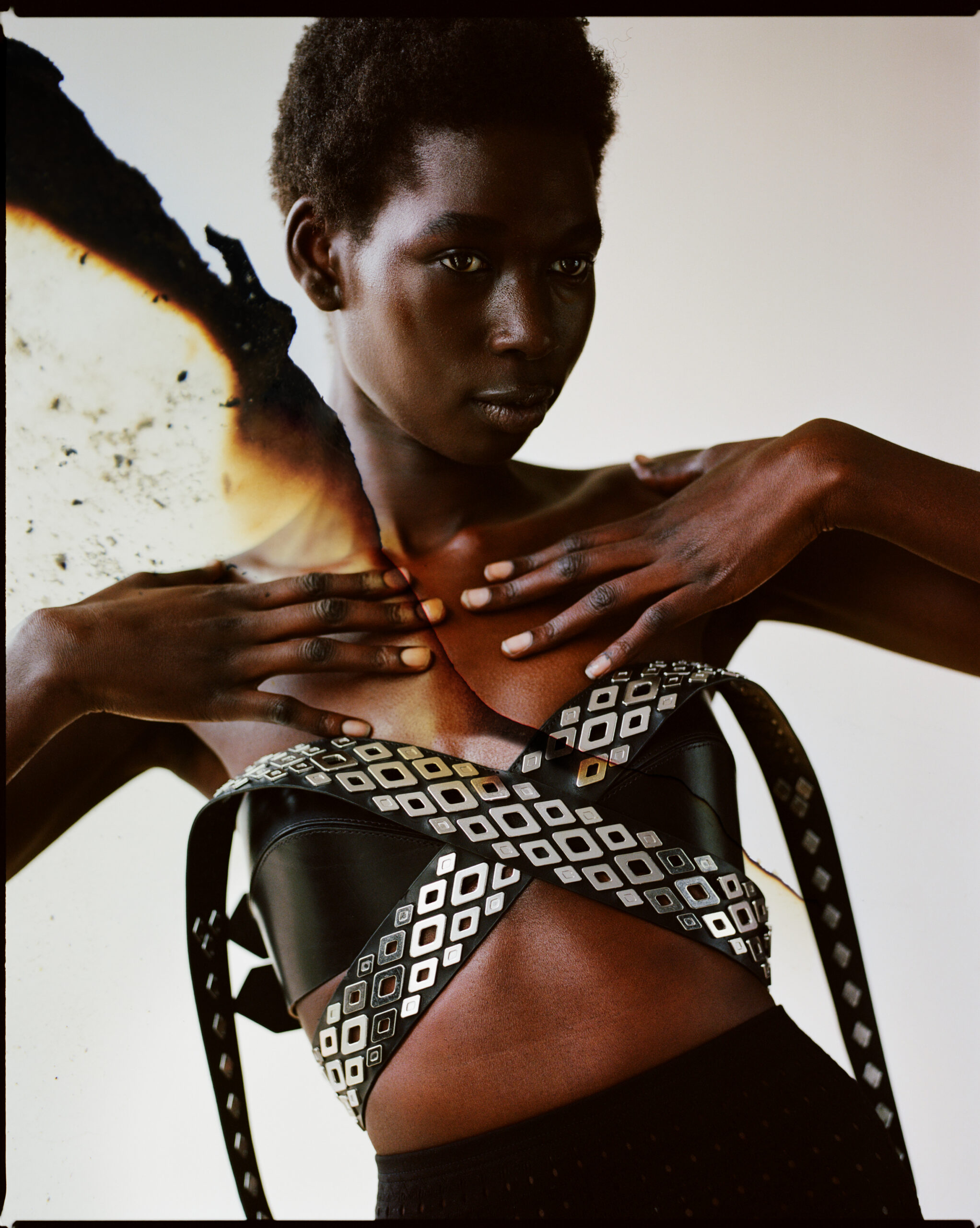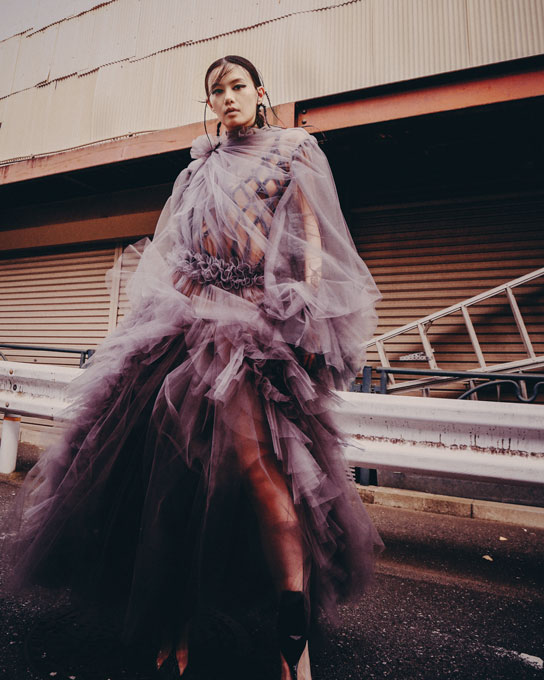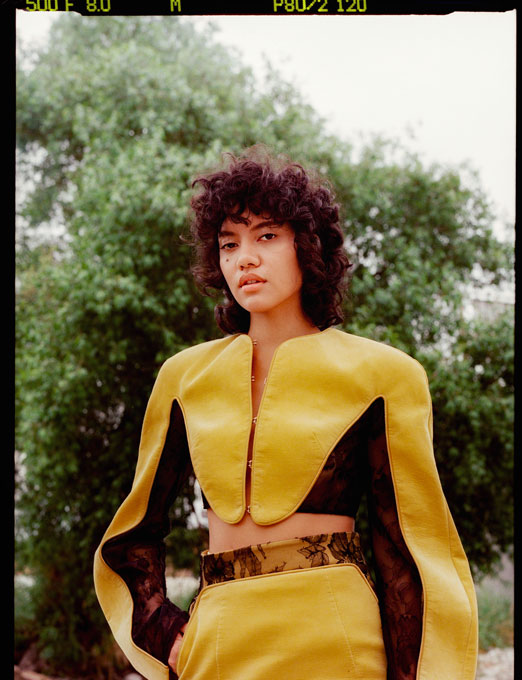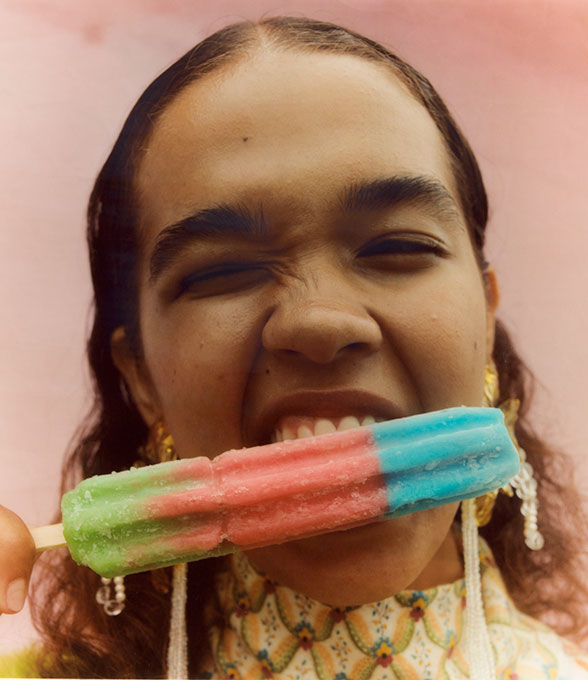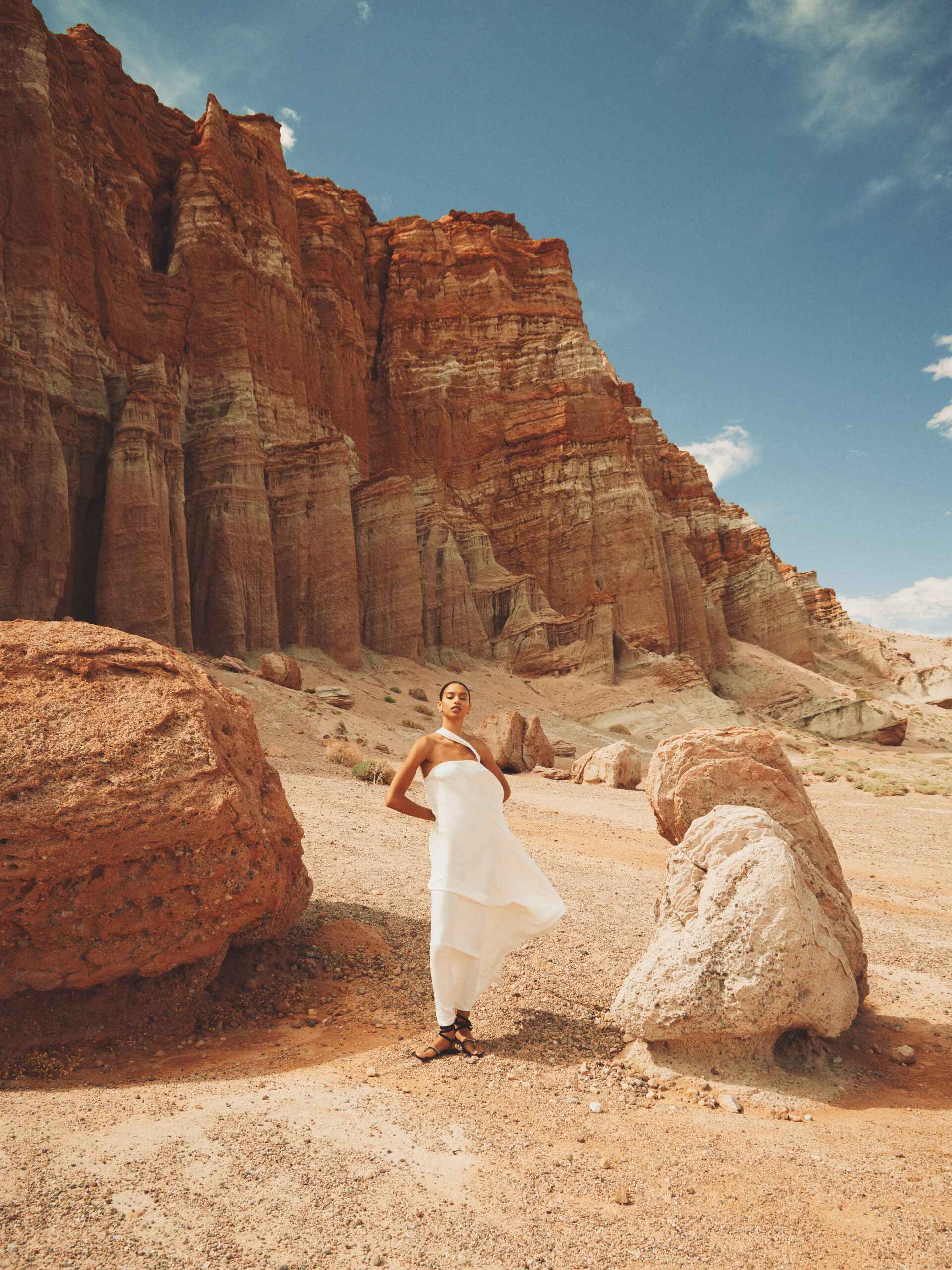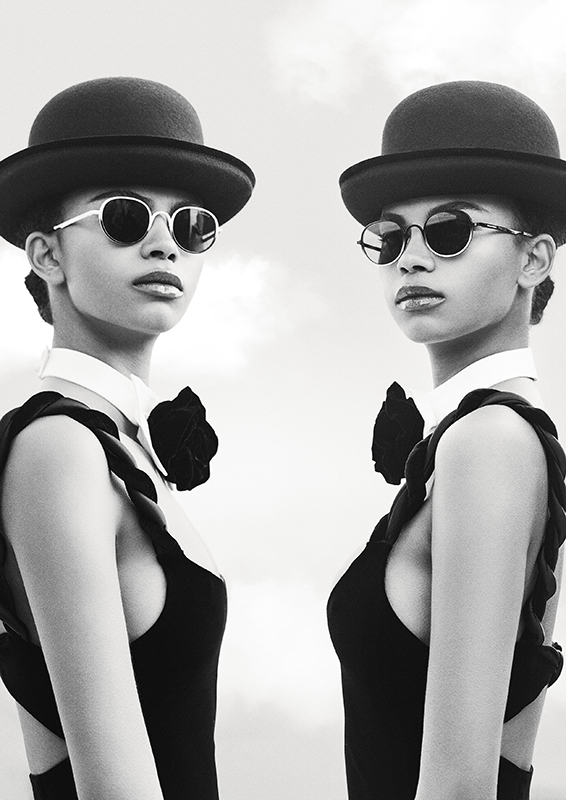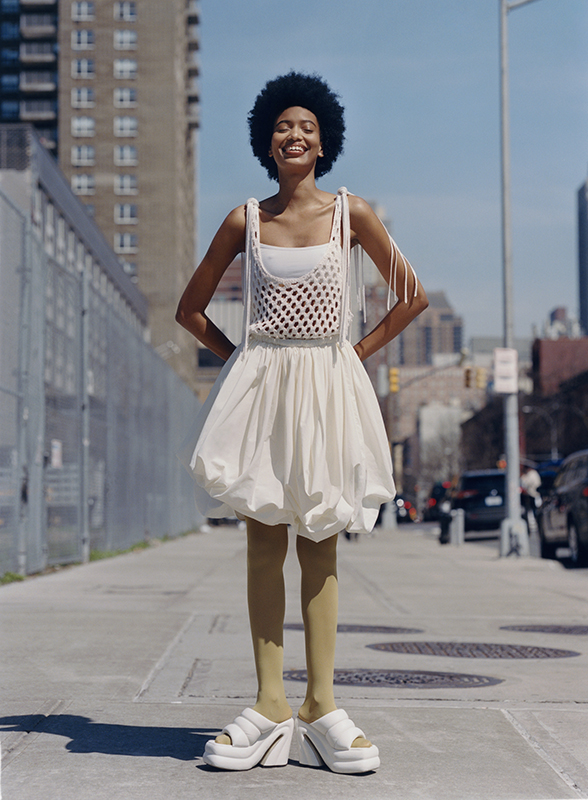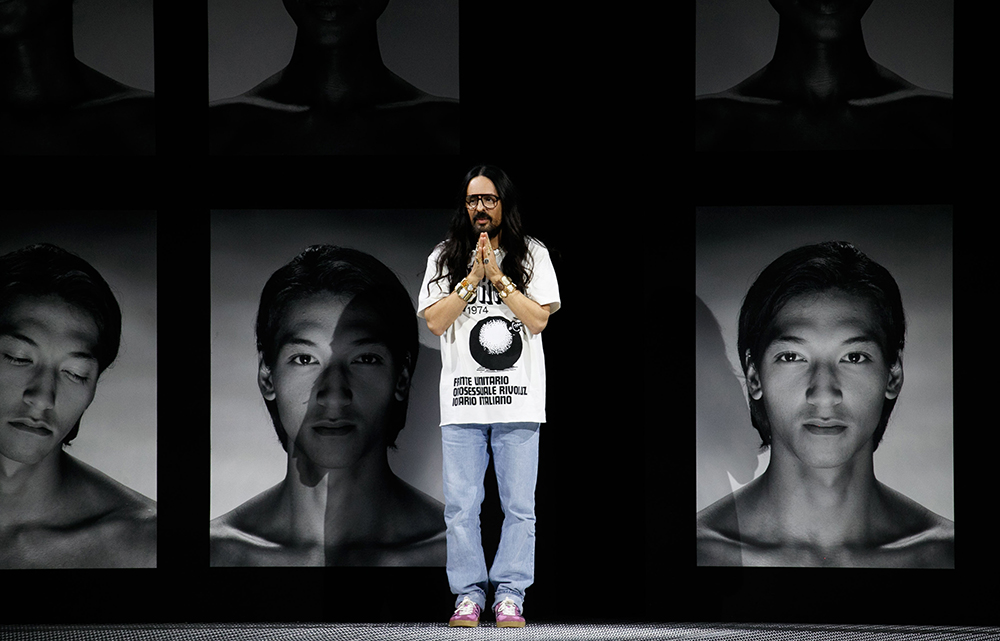Culture
COMPTON COWBOYS
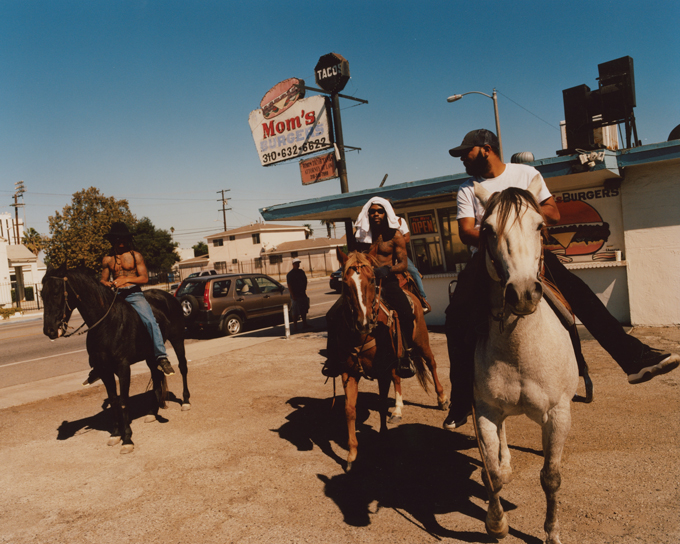
As told by Compton Cowboy Randy Savvy
Images by Rhys Frampton
I am the nephew of a woman named Mayisha Akbar, who is the founder of a ranch. She started an organization back in 1988 called the Compton Jr. Posse, a non-profit organization using horseback riding to keep kids on horses and off the streets in Compton. The founder of Compton himself was a farmer. He was really big in agriculture, so he designated this little town, called Richland Farms, as a town that would have to remain a farm town into perpetuity, forever. So, even when the city was incorporated, this little plot around here.
She stumbled across this little town, and she was like, "Oh my goodness, I can live here and have a horse and live my cowgirl dream out, and she was like, "Hell yeah!" So, she did that. She had three kids at the time, and my dad had two kids, myself and my brother. She got a house in the neighborhood, had her horse or two. She and her partner had two horses. And to her, that was life. That was going to be life. Growing up, raising her kids around horses, and eventually, she'd be a cowgirl and got to live that whole life. That was her dream.
She started using the horses to teach life skills. It created a system where kids would straighten themselves up for the sake of wanting to ride. And that just turned out to be an incredibly wonderful thing for them because it started immediately affecting and changing kids' lives. Many of these kids come in crazy, and the next minute, they're like, "I've got to go to school, I've got to go to class because I want to ride."
We were almost living in one of those movies, where there's only one black team that's going into this white space and trying to accomplish something. It's like that same arc. We would show up and be the only black kids at the spot, but we showed up and showed out. We won a whole bunch of events.
Man, we would be going everywhere and getting popular and winning a lot of events, and we had the cool uniforms and everything, and it was a great time. That was our childhood, was these Compton kids, but full-blown cowboy and cowgirl kids. We would go to the rodeos and do all that. Camping trips and just everything.
Then, life starts happening. We all started getting into high school and stuff and wanting to do our own thing, play other sports, hang with girls. We dissipated a little bit, but we were always friends. We just weren't the same cowboy-cowgirl clique that we were when we were kids. We were doing different things now, but we was still homies.
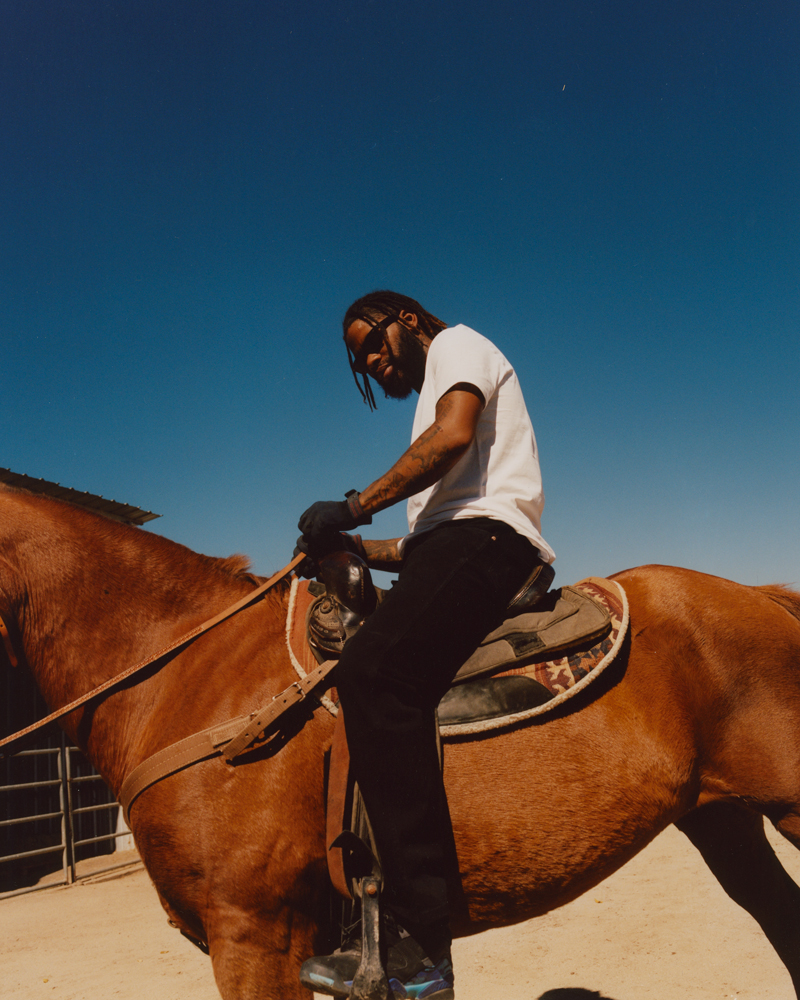
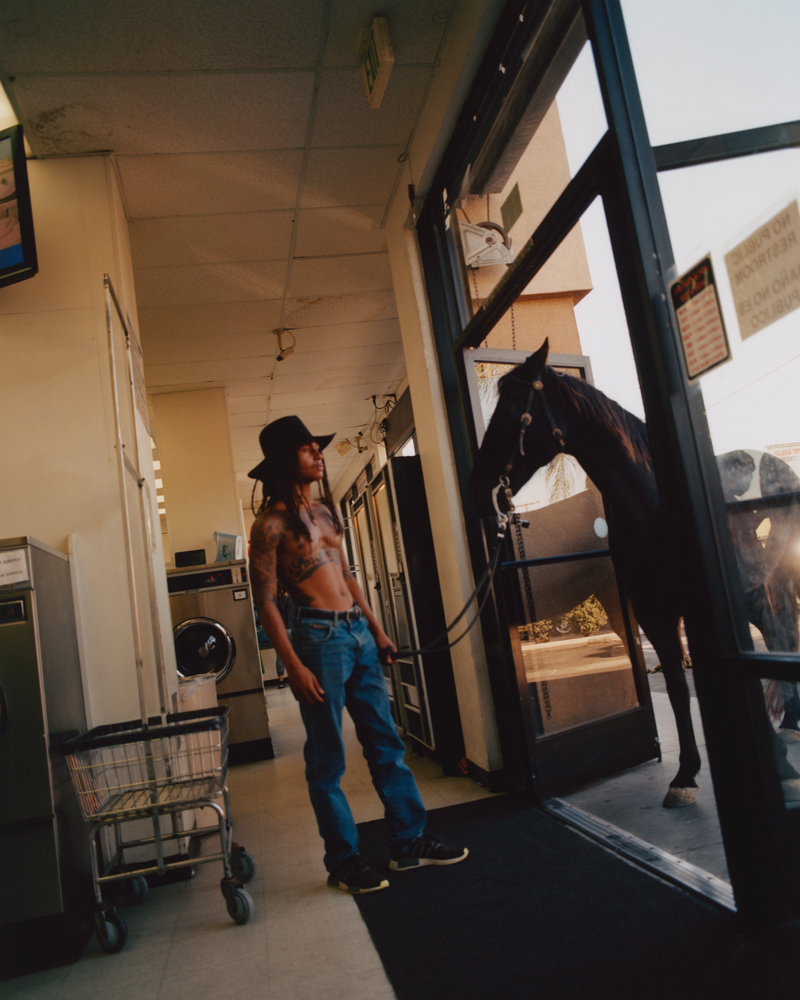
The heart and soul of what we do is to create opportunities and give back to our community. It's about this ranch, these horses, saved our lives as kids. And we have people that grew up with us that didn't make it, and we've buried homies, we've lost homies, and a lot of the key distinguishing factor was that we were cowboys, and they were not.
Our mantra is, "Streets raised us, horses saved us." That's very real. For us, it was like, "These horses saved our lives. How do we take it to the next generation and continue to pay it forward and also develop a model that we could use to replicate and do community work and scale it up to a global capacity?" We're creating an environment, nothing like anybody's ever seen. Most of the time, to get to these kind of environments, you have to go to these wealthy, far-out, elitist kind of neighborhoods. And for us, we're like, "But now, based on the engine that we develop, we're able to put that right here in our hood and stay here."
I live here. I live on the ranch. This is my family property. We're still dealing with all of the street struggles in the hood and everything that goes with it, but we are here fighting to change the narrative, create a better community, create a better city, create opportunities for kids around here, and it's worth it.
The kids, they can come in here. One of my young boys that came through here, came in super rough around the edges. I couldn't believe how far gone he was at 11 years old. And when I met him, I cried for him the night I met him, because I'm like, "Yo, this is what's happening in my hood? These kids is 11 and 12 and knowing how to drive and do drug trades and prostitution trade and move drugs and carry guns. This boy, he ain't even in middle school," you know what I'm saying?
When I seen that and then I can watch this same kid take up a passion for horses, and now he's on track to be a professional bull rider, and he ain't even thinking about the streets? That is what the whole point is. That is the most rewarding feeling. That is the whole purpose and mission of what we doing is to be able to save and change the kids' lives.
For us, it was like, we've been young cats from the block, but we're going to set ourselves on the path to positivity and still be the fresh, cool thing at the same time. So, now, we've got this environment, where, "Yo, boom, we're the Compton Cowboys. We poppin'." The young homies, they want to come in now. They're like, "Bro, how can I be like that? How can I be like that? What's up with that? I want to ride, I want to rodeo, I want to whatever."
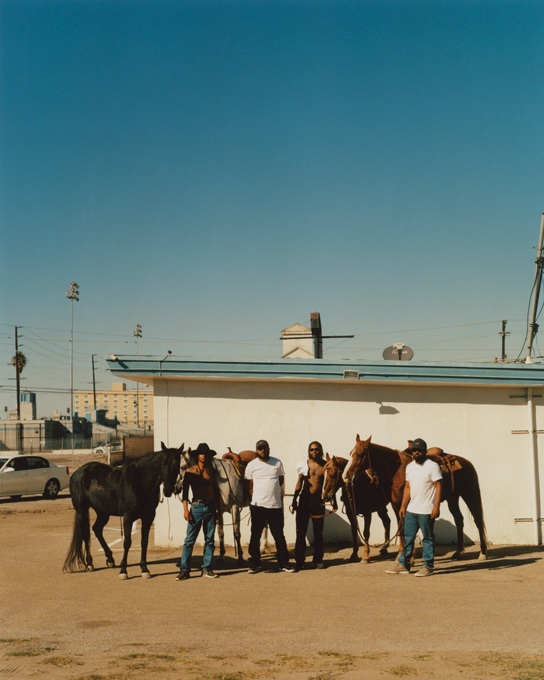
"It makes me so incredibly proud and emotional to look at my homies who was former gang members, and they're identifying themselves as a cowboy, and they are participating in the democratic process by voting and going for community rallies and talking t o the kids. I'm like, that shit is so... I can't even articulate how it makes me feel, and the pride it instills in my dad and my auntie, who this was their dream to change the hood for a positive way without losing the essence of who we are. And they've done that. My dad can walk outside right now and see 10 of the homies out there laughing it up, talking shit, or listening to loud music and drinking whatever, but guess what? We are globally making a move and changing people's perspectives on black people, on inner-city communities, on cowboys, on all of these fronts, and it's something to be proud of.
One of our mission's core elements is to pay homage to the culture, traditions, and legacy of the black cowboy. That is very important for us. It's not just about being cool and being dope and then doing stuff in the community. It's about creating a thread to our lineage and having pride in that, and being able to show the new generation that our people have contributed to the development of the modern world, the development of civilization as we know it, in more ways and many ways and other ways than we're taught or that we would know.
And so, we take great pride in putting on these cowboy hats and walking out there with our brown skin and being like, "This is what we do," because there's a long history to that. Those contributions have not been highlighted or appreciated, both locally, nationally, and worldwide. A big part of what we're doing is to put it back on the map for the bigger picture of the people.
Mad World Issue 13

